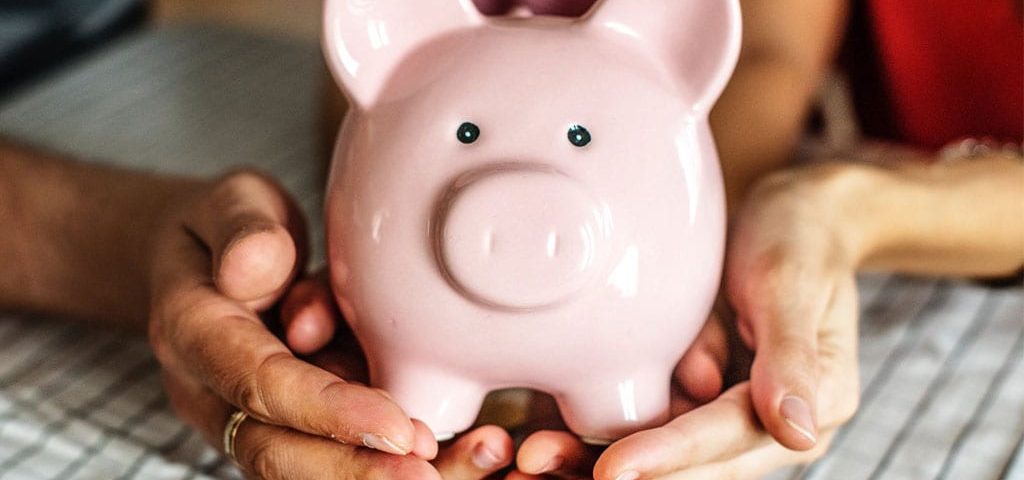The government shutdown was a reminder of how quickly people without enough savings can get into financial trouble.
Having funds set aside to cover a month or two of expenses may seem like an impossible task. But it’s worth it. Not only will you know you can get through tough times, you’ll also be on the path to achieving your financial goals.
Most people say they want to save money, but can’t seem to get started. The trick is to begin making some simple changes, then turn them into habits. Since habits have their own self-propelling energy, they’ll soon result in positive results.
If you’re someone who thinks you can’t afford to save, know that almost everyone can save a little – even if it’s some loose change – every week. It’s the small actions, like putting extra coins in a jar, that can bring big results when done consistently over time.
Financial habits are very personal and individual, so you’ll need to find some that work for you. But here are some tips on saving and avoiding unnecessary expenses that I recommend:
-
- Start Small – like the loose change example above, transfer a certain portion of your income weekly or monthly into a savings account. Then pretend that the funds are gone and don’t touch them. (Even better, arrange for the funds to be transferred automatically. The amount doesn’t have to be large – even $10 will eventually make an impact. And you’ll never miss it.)
- …or Big – If you’re lucky enough to receive a windfall like a small inheritance or a tax refund, don’t spend it, save it. You didn’t have it before, so pretend you don’t have it now.
- Look at What You Spend – Keep a daily expense diary to see how much you’re actually spending. Include everything, from your car payment to that huge flavored latte you order several times a week (or daily!). Now at the end of the month look at your diary. See what you can cut out (limit yourself to one latte a week?) and put that amount in your savings account or money jar.
- Stop and Think About It! If you want to splurge on something, delay the purchase for 24 hours. The urge for instant gratification will probably pass, and you’ll realize it’s something you don’t really need.
- Limit Online Shopping to Once a Week – like the tip above, this one will give you more time to think about the purchase and perhaps decide you don’t need it.
As a banker, it’s my job to help people manage their money so that they can feel secure about the future and achieve their dreams. Making savings a habit is the first step toward those goals.




